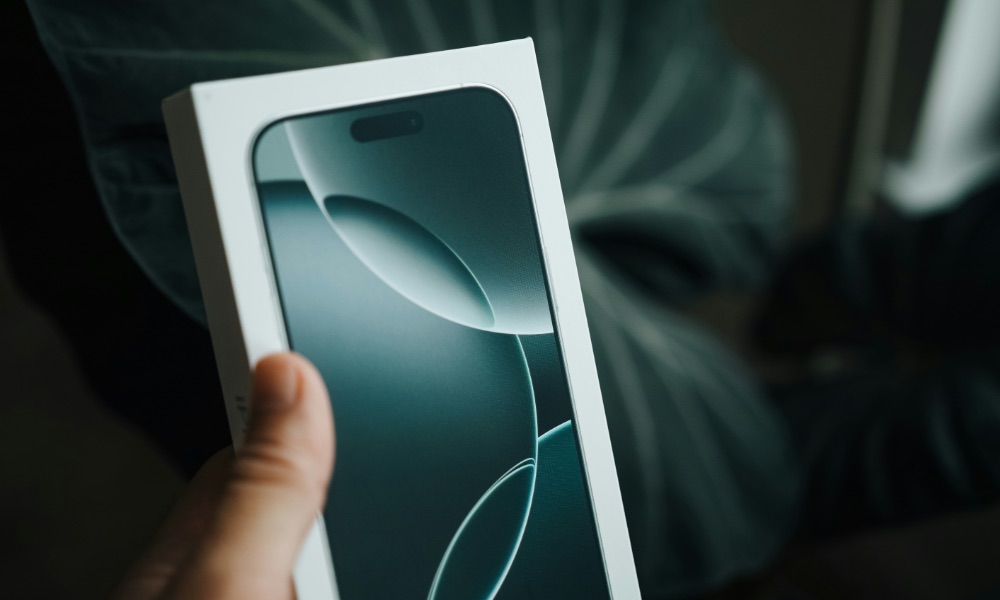Apple Puts up $1 Billion to Lift Indonesian iPhone 16 Ban
 Credit: Semeon Hrozian
Credit: Semeon Hrozian
Toggle Dark Mode
Apple has been struggling with iPhone 16 sales in Indonesia over the past few weeks, but not for the usual reasons. It’s not that people in that country don’t want to buy iPhones, but rather that the government won’t let them.
Indonesia banned iPhone 16 sales in October after government officials determined that Apple wasn’t pulling its weight in the country’s economy, which requires 40% of the parts contained in smartphones to be made from suppliers inside its borders — a requirement that Reuters reports it plans to increase.
After the Indonesian government rejected an initial $10 million offer to life the ban in early November, Apple proposed investing $100 million to build research and development facilities and developer academies in the country to pour some of its revenue back into the local economy. However, officials with Indonesia’s Ministry of Industry weren’t impressed, saying that the proposal didn’t meet “four aspects of fairness.”
In speaking with Indonesia’s Antara news agency, Industry Minister Agus Gumiwang Kartasasmita said that Apple’s $100 million offer paled in comparison to Apple’s investment in other countries and the investment by its rivals in mobile phones, handheld computers, and tablets in Indonesia.
Based on the technocratic assessment, the investment amount has not met the figure that we consider fair.Agus Gumiwang Kartasasmita, Indonesian Industry Minister
Kartasasmita felt that Apple’s offer wasn’t proportional to the large profits it receives from selling its products in Indonesia and told Apple to dig deeper if it wants to continue doing business in the country.
With over 354 million active mobile phones in Indonesia, Apple cannot afford to be left out of this market, so it’s no surprise that it’s preparing to up the ante significantly.
According to Reuters, the Indonesian government is expected to receive a $1 billion investment commitment from Apple within a week. While Apple hasn’t commented, Indonesia’s Investment Minister broke the news to lawmakers in a recent hearing, noting that it’s just the first phase of what the country expects will be an even larger commitment.
Whoever benefits from the sales must invest here, create jobs here. What’s important is how the global value chain moves here, because once it does, suppliers follow. Rosan Roeslani, Indonesian Investment Minister
It’s unclear what form the $1 billion investment will take. Apple presently has no manufacturing facilities in Indonesia. Instead, it’s been setting up developer academies since 2018 to meet local content requirements for selling older iPhone models. However, that’s no longer enough for it to be permitted to sell this year’s iPhone 16 lineup.
The previous $100 million offer proposed a new research and development facility, a facility in Bandung to manufacture ear cup mesh components for the AirPods Max, and two new developer academies: a new one in Bali and a second in Jakarta, joining the other two existing academies in Surabaya and Batam. While those facilities will likely be part of the expanded proposal, Apple will need to do substantially more for the other $900 million it plans to commit. Still, despite being a “first phase,” there’s no timeframe for the commitment, so Apple could likely spread it over several years, even if it needs to continue committing to more investment and other projects in the future.







